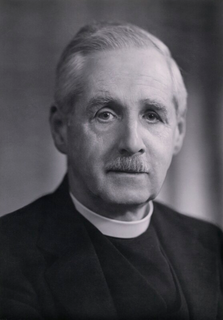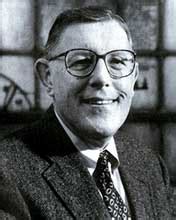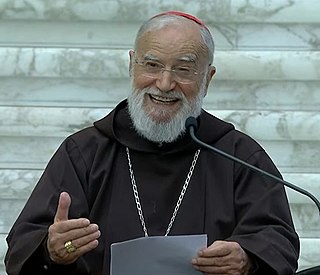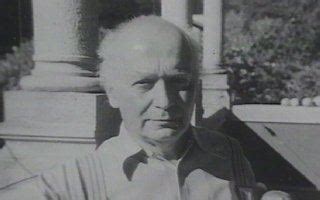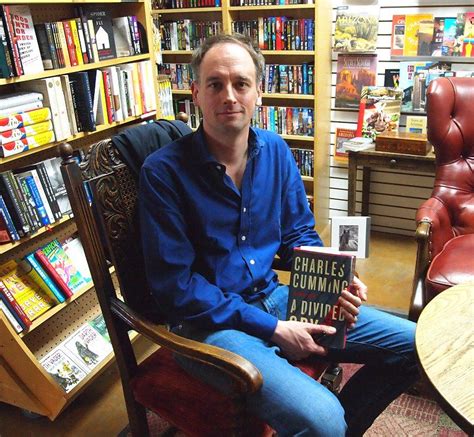A Quote by Joan Halifax
We in the "developed" world seem to have many auditory strategies that insulate us from the presence of silence, simplicity, and solitude. When I return to Western culture after time in desert, mountain or forest, I discover how we have filled our world with a multiplicity of noises, a symphony of forgetfulness that keeps our won thoughts and realizations, feelings and intuitions out of audible range.
Related Quotes
In the new alchemy, we have a similar kind of way of thinking. Our internal space includes our intuitions, our thoughts, our senses and our feelings, and from these we construct or build a picture of the outside world. From intuition and thought, we construct time. We also construct space from thought and our sensations. From our senses and our feelings, we experience energy, and from our intuitions and our feelings, we experience motion.
Our dearest one. Fear nothing of the forest. There is no danger in solitude. We have no need of our brothers. Let us forget their good and our evil, let us forget all things save that we are together and that there is joy as a bond between us. Give us your hand. Look ahead. It is our own world, Golden One, a strange, unknown world, but our own.
O Holy Spirit of God, abide with us; inspire all our thoughts; pervade our imaginations; suggest all our decisions; order all our doings. Be with us in our silence and in our speech, in our haste and in our leisure, in company and in solitude, in the freshness of the morning and in the weariness of the evening; and give us grace at all times humbly to rejoice in Thy mysterious companionship.
I think we're coming into a time where it has to do with how you stand in relationship to your own world within and in relationship to those around you in the world without. And I believe these are the things that we need to put into our schools, education, into our psychotherapy and into our culture more, finding a way to not be so harsh and judgmental, so objectifying and dehumanizing, constantly focused within and trying to get these difficult thoughts and feelings to go away.
Think about how many of us have wondered why we don't fit, why our faith doesn't stabilize us, why we seem so out of sync with most of the world. Genuine faith is the isolating force in our lives that creates tension wherever we go. To put it another way, faith is the unbalancing force in our lives that is the fruit of God's disturbing presence.
Throughout history there have been many men and women who have chosen to imitate Jesus as he withdraws into the desert... To pass time in the desert means to create a little emptiness and silence around us, to rediscover the road to our heart, to remove ourselves from the noise and external distractions, to enter into contact with the deepest source of our being and our faith.
Many things that human words have upset are set at rest again by the
silence of animals. Animals move through the world like a caravan of
silence. A whole world, that of nature and that of animals, is filled
with silence. Nature and animals seem like protuberances of silence.
The silence of animals and the silence of nature would not be so great
and noble if it were merely a failure of language to materialize.
Silence has been entrusted to the animals and to nature as something
created for its own sake.
St. John of the Cross points out that the divine music can best be heard in solitude and silence. The sonorous music is not a physical sound that vibrates the eardrum but something transcending the senses. Physical solitude and silence remove the distracting noises that prevent us from hearing on deeper levels.
This country of ours has more wealth than any nation, but that's not what makes us rich. We have the most powerful military on Earth, but that's not what makes us strong. Our universities and our culture are the envy of the world, but that's not what keeps the world coming to our shores. Instead, it is that American spirit - that American promise - that pushes us forward even when the path is uncertain; that binds us together in spite of our differences; that makes us fix our eye not on what is seen, but what is unseen, that better place around the bend.
Elegant in its simplicity and practicality, Lee has distilled many powerful leadership strategies into the lessons many of us learned as children. They are no less relevant to our working lives. At its core, Creating Magic is a collection of stories that reminds us to demonstrate care and respect for every member of the team and to focus our efforts not our ourselves but on the people we lead.
I've been thinking about something for a long time, and I keep noticing that most human speech-if not all human speech-is made with the outgoing breath. This is the strange thing about presence and absence. When we breath in, our bodies are filled with nutrients and nourishment. Our blood is filled with oxygen, our skin gets flush; our bones get harder-they get compacted. Our muscles get toned and we feel very present when we're breathing in. The problem is, that when we're breathing in, we can't speak. So presence and silence have something to do with each other.
In the way that scepticism is sometimes applied to issues of public concern, there is a tendency to belittle, to condescend, to ignore the fact that, deluded or not, supporters of superstition and pseudoscience are human beings with real feelings, who, like the sceptics, are trying to figure out how the world works and what our role in it might be. Their motives are in many cases consonant with science. If their culture has not given them all the tools they need to pursue this great quest, let us temper our criticism with kindness. None of us comes fully equipped.



